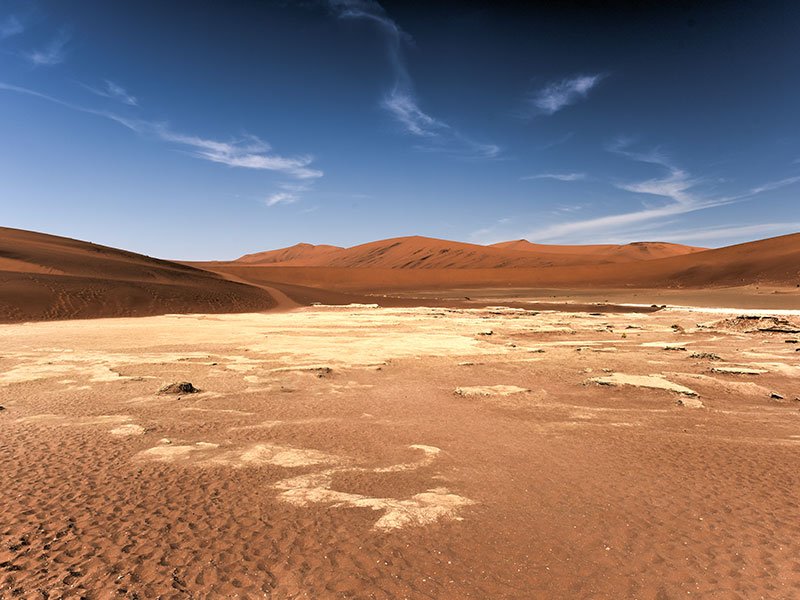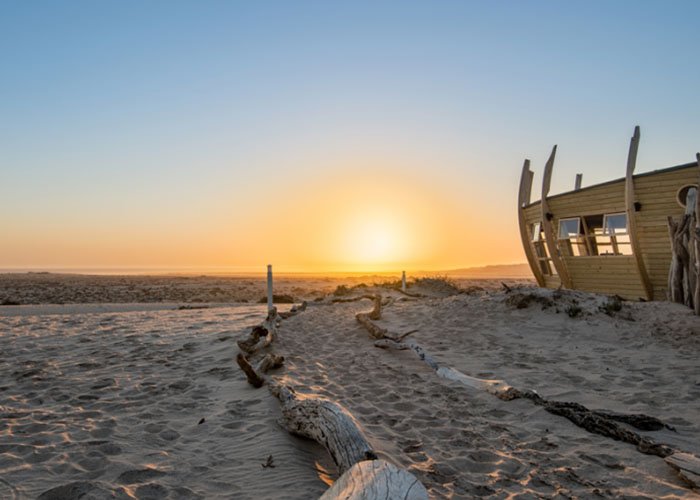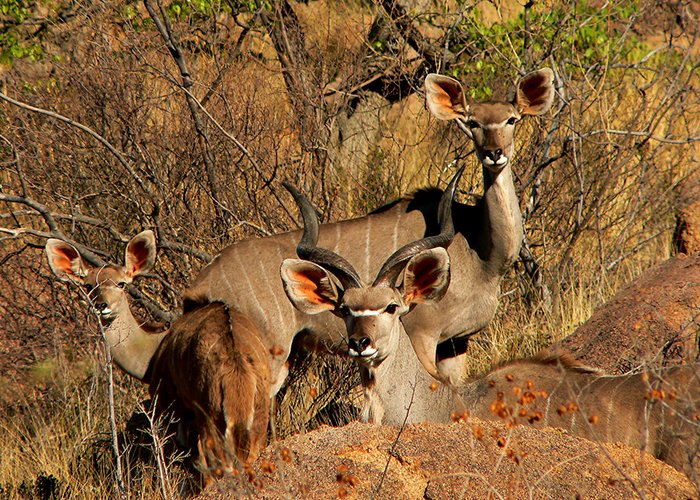Plan the Best Namibia Safari with the Help of our Guide
From the dunes of Sossusvlei to the wildlife-rich plains of Etosha, Namibia is a dream destination for safari lovers. This ultimate Namibia safari guide covers the best times to visit, must-see locations, packing essentials, and expert travel tips.
And whether you’re after a once in a lifetime game drive, want to see the surreal landscapes for yourself, or experience cultural encounters, this guide will help you plan the perfect Namibia tour—from when to visit to what not to miss while you are in this incredible nation.
The Best Time to Visit Namibia
Namibia’s climate varies across its regions, so timing your visit is an important part of the process, if you want to make sure that you have the best experience.
- May to October (Dry Season) – This is the peak safari season, with little to no rainfall, making wildlife easier to spot in places like Etosha National Park. Expect clear skies and cooler temperatures.
- November to April (Green Season) – The landscape turns green, and it’s a prime time for birdwatching. However, some areas may be harder to access due to rain.
For a balance between good weather and fewer crowds, consider visiting in May or September. During this time you’ll avoid the extreme heat and still catch excellent wildlife sightings.


Top Namibia Safari Destinations
Namibia is huge, and each region has something unique. These are just some of the must-visit spots to add to your tour:
Etosha National Park – The Wildlife Wonderland
Etosha is Namibia’s premier safari destination, home to lions, elephants, rhinos, and a wealth of other wildlife. The dry season (June–October) is best for game viewing around the waterholes.
Sossusvlei – The Iconic Dunes
The red sand dunes of Sossusvlei in the Namib Desert are among the highest in the world. Climb Dune 45 at sunrise for spectacular views or visit Deadvlei, a surreal white clay pan dotted with ancient, dead camel thorn trees.
Skeleton Coast – Where the Desert Meets the Sea
Known for its eerie shipwrecks and misty shores, the Skeleton Coast is a must-see for adventure seekers. Cape Cross is famous for its massive seal colony, while the Hoanib Valley is home to the rare desert-adapted elephants and lions.
Little Known Places in Namibia
Aside from all the well-known destinations, Namibia has some lesser-visited spots worth exploring. These include:
- Spitzkoppe – A dramatic mountain landscape perfect for hiking and stargazing.
- Waterberg Plateau – A stunning red sandstone escarpment with unique wildlife, including rare sable and roan antelope.
- Caprivi Strip – Unlike the arid landscapes of western Namibia, this lush riverine area is rich in birdlife and hippos.
Wildlife Highlights in Namibia
Namibia has some of Africa’s most unique wildlife. Here’s what to look out for:
- Big Cats – Cheetahs, leopards, and lions roam Etosha and private reserves.
- Desert Elephants & Lions – Found in the remote Kunene region, these rare animals have adapted to arid conditions.
- Black & White Rhinos – Namibia is one of the best places to see rhinos in the wild, especially in Etosha and Damaraland.
Meerkats & Oryx – These quirky creatures thrive in the Namib Desert.


Packing Guide for a Namibia Safari
Packing smart is essential for comfort and safety. Here’s what you need:
- Lightweight, breathable clothing (neutral colours for safaris)
- Warm layers for early morning and evening game drives
- Sturdy hiking boots for dunes and rocky terrain
- High-SPF sunscreen, hat, and sunglasses for desert conditions
- Binoculars for wildlife spotting
- Camera with extra batteries – Namibia is incredibly photogenic
- Reusable water bottle – Stay hydrated in the dry climate
- Insect repellent & malaria prophylaxis (if visiting the Caprivi Strip)
Insider Namibia Travel Tips
- Rent a 4×4 – Namibia’s roads can be rough, and many top sites require off-road driving.
- Book accommodations early – Especially during peak safari season (July–October).
- Fill up on fuel – Gas stations are scarce in remote areas. Always carry extra fuel and a spare tire.
- Respect the wildlife – Keep a safe distance from animals, especially elephants and rhinos.
- Try local cuisine – Sample biltong (dried meat), kapana (street food BBQ), and traditional Oshiwambo dishes.

A Namibia tour can be the most incredible safari experience, with its epic landscapes and special wildlife encounters. And to make the most of such a trip, it is important to book your tour with the right company, like ours, and to keep a handy guide, like this one, close by.





